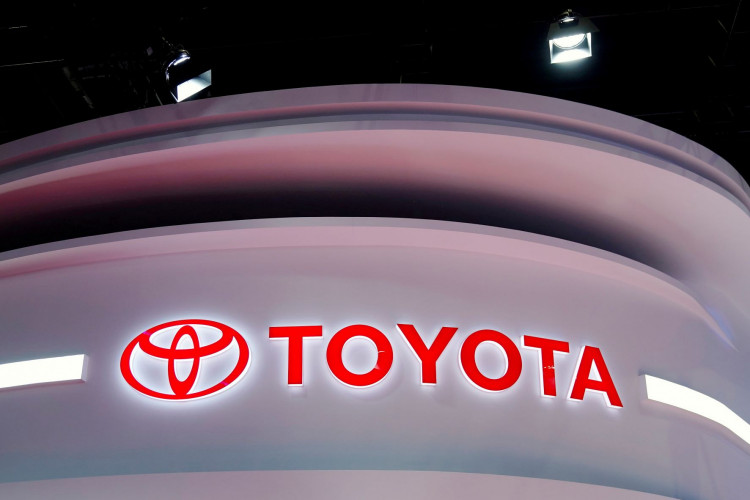Toyota Motor Corp., the world's largest automaker, has scaled back its ambitious electric vehicle (EV) production plans for 2026, reducing its global output target by 30%, according to a report from Nikkei. The company, which had initially aimed to produce 1.5 million EVs annually by 2026, now plans to build just 1 million units. This revision highlights a growing trend among major automakers, who are re-evaluating their EV strategies in response to a softening global market for electric vehicles.
The reduction in Toyota's EV production forecast is significant, particularly given the company's position as a global leader in automotive manufacturing. The decision underscores the challenges that automakers face as they navigate the complexities of transitioning from traditional internal combustion engine vehicles to electric models. Despite the revision, Toyota emphasized that its long-term goal of producing 3.5 million EVs annually by 2030 remains unchanged. However, the company clarified that these figures should be viewed as benchmarks rather than firm targets, aiming to reassure shareholders amid the shifting market dynamics.
Toyota's move aligns with a broader industry trend, as other automakers also pull back on their EV ambitions. Just this week, Swedish car manufacturer Volvo announced that it would no longer commit to an all-electric lineup by 2030, signaling that hybrid models would still play a role in its future offerings. In the U.S., giants like Ford and General Motors have similarly delayed or canceled new electric models due to slower-than-expected consumer adoption.
The revised plan by Toyota marks a notable shift in strategy. According to sources, the automaker has informed its parts suppliers of the updated production targets. Under the new plan, Toyota aims to produce slightly more than 400,000 EVs in 2025, with a goal of more than doubling that output to 1 million units the following year. This revised target, while still representing significant growth from current levels, reflects a more cautious approach in light of the global EV market's deceleration.
Toyota's pivot is particularly striking given the company's historical focus on hybrid technology. The automaker has been slower than some of its competitors in embracing fully electric vehicles, instead championing hybrids as a more practical interim solution. In 2023, Toyota sold approximately 104,000 EVs, which accounted for just 1% of its total global sales. By comparison, hybrid vehicles, including the popular Prius model, have been central to Toyota's strategy and have dominated its sales figures for years.
The revised production targets for 2026 still represent a substantial increase from current EV sales, but the adjustment highlights the complexities of predicting market demand in a rapidly evolving industry. While the electric vehicle market has seen considerable growth, it has also faced headwinds, including high costs, limited charging infrastructure, and varying levels of consumer enthusiasm across different regions.
The slowdown in EV momentum is not unique to Toyota. Across the automotive industry, companies are reassessing their EV strategies as they confront the realities of market demand. The initial optimism that fueled ambitious EV targets has been tempered by the recognition that widespread adoption may take longer than anticipated. This has led to a more measured approach, with automakers like Toyota adjusting their production plans to better align with current market conditions.
Despite the challenges, Toyota remains committed to the long-term potential of electric vehicles. The company's decision to adjust its short-term targets reflects a strategic response to the evolving market landscape, rather than a retreat from its broader electrification goals. As the industry continues to navigate the transition to electric mobility, Toyota's experience highlights the importance of flexibility and adaptability in achieving sustainable growth in the EV sector.






